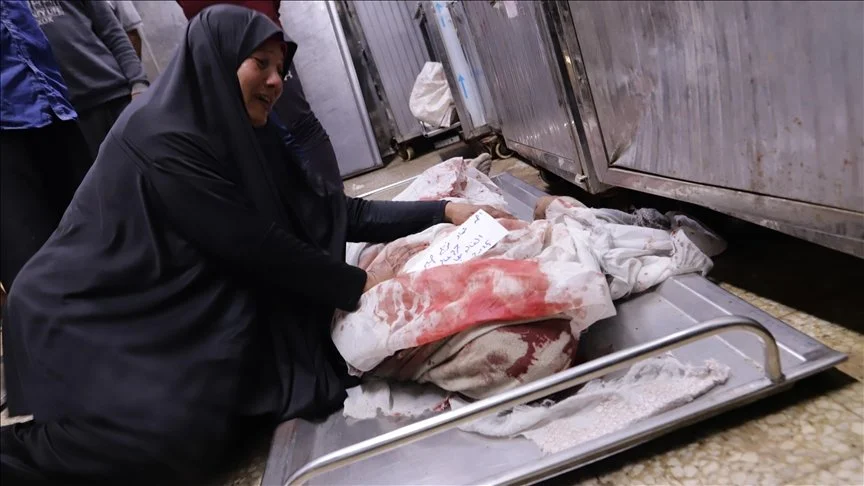On July 9th, we marked a milestone in the liberation struggle of the Indigenous people of Palestine, as the Palestinian-led nonviolent, anti-racist BDS movement completes 20 years of grassroots organizing and building intersectional people power. This day will be remembered in history as the start of a principled, strategic, and creative process that has isolated Israel’s 77-year-old regime of settler-colonialism, apartheid, and military occupation at the grassroots and institutional level. It has redefined the meaning of solidarity with our struggle as starting with ending the complicity of states, corporations and institutions with this regime.
Meaningful solidarity, as BDS has tirelessly advocated, must uphold the fundamental ethical principle of doing no harm and stopping or offsetting harm done in one’s name.
Thank you for in the midst of Israel’s livestreamed genocide against 2.3 million Palestinians in the occupied and besieged Gaza Strip, we are too grieved and too enraged to celebrate the phenomenal BDS impact. But we owe it to every single Palestinian, especially our people in Gaza, to reaffirm our unbreakable commitment to march on until Israel’s regime of oppression is entirely dismantled. This obliges us to recognize and share with the world the immense people power we have collectively built over these two decades and the many milestones we have reached toward isolating genocidal Israel as a rogue state that threatens humanity at large.



